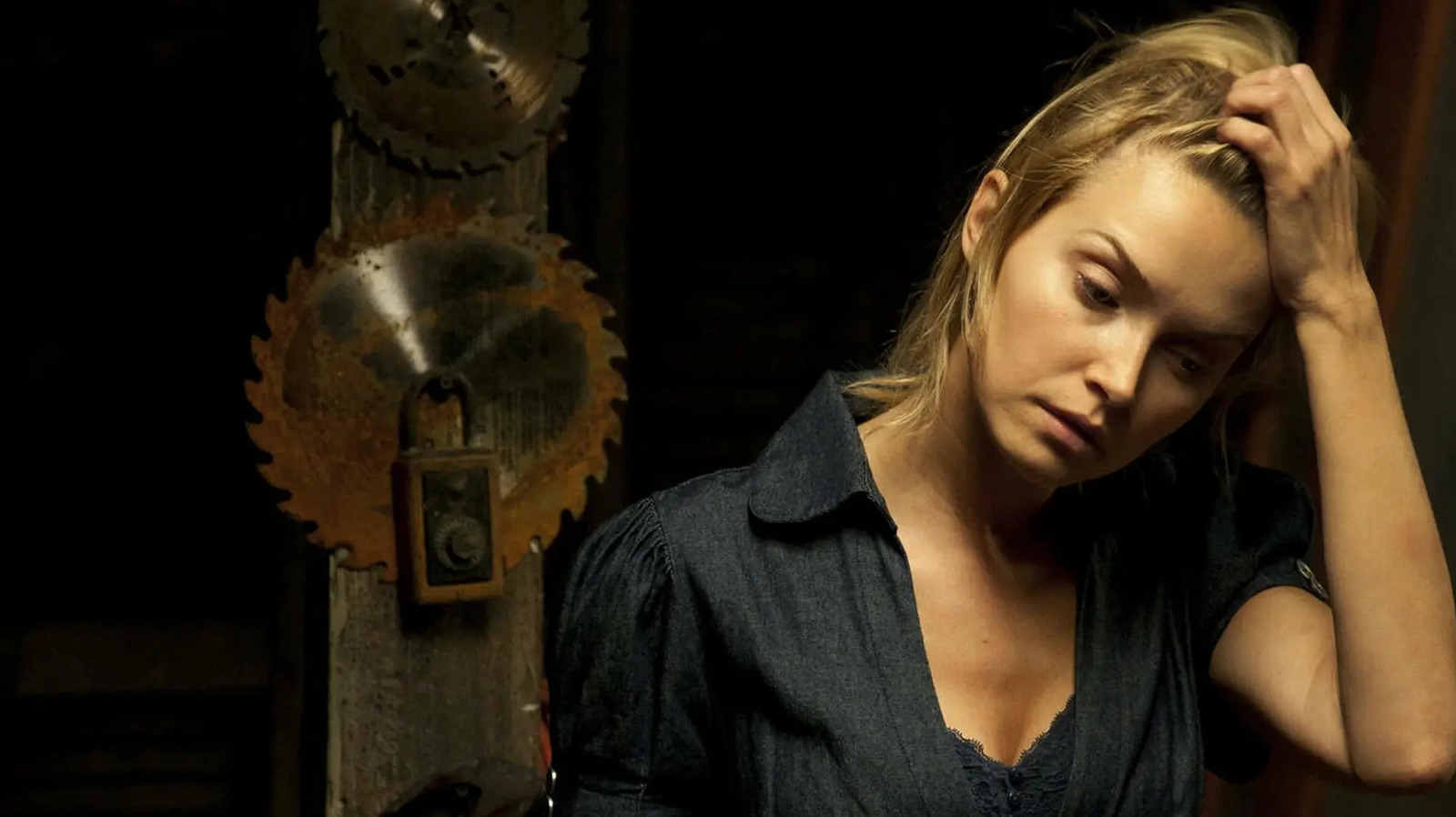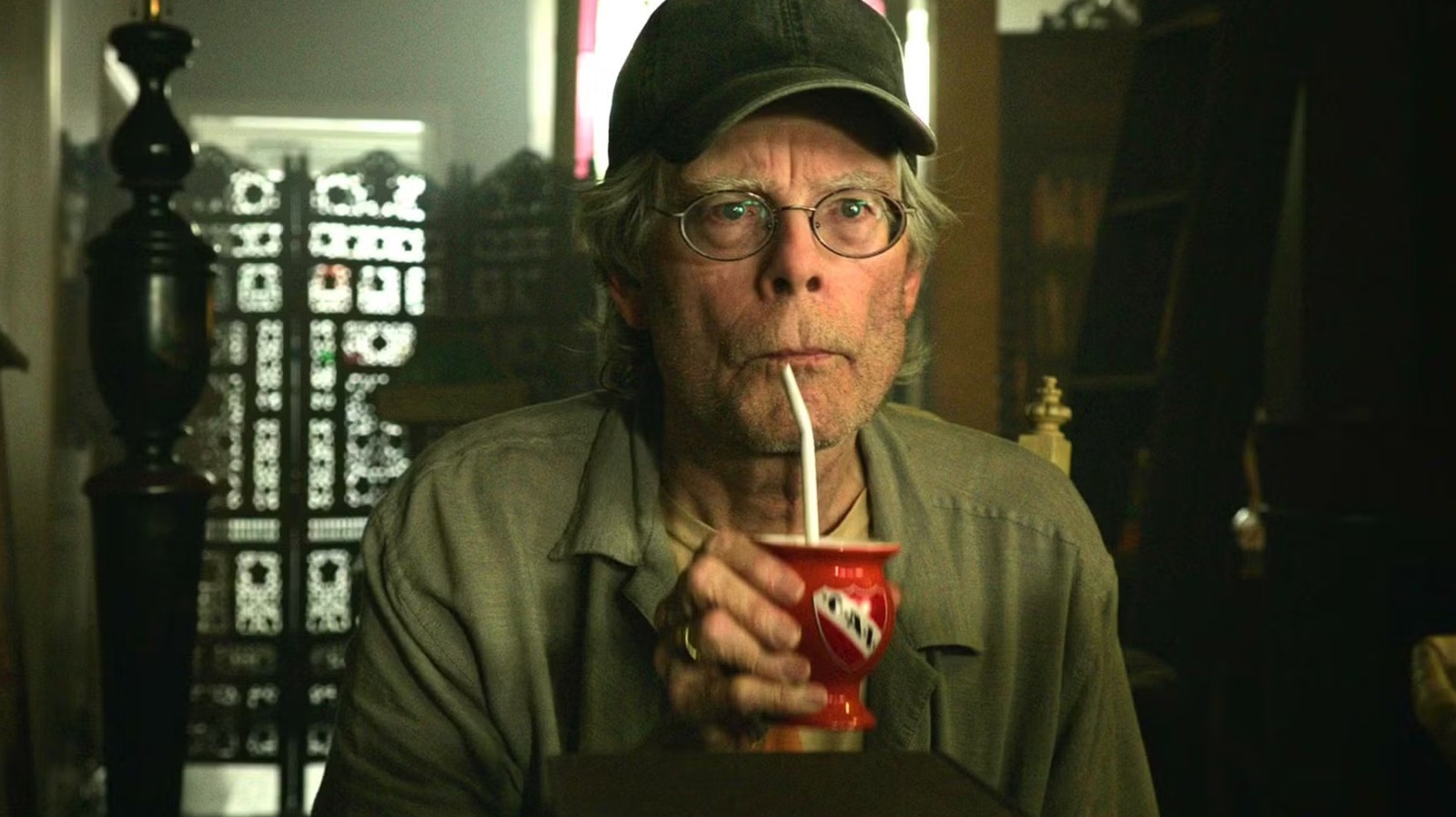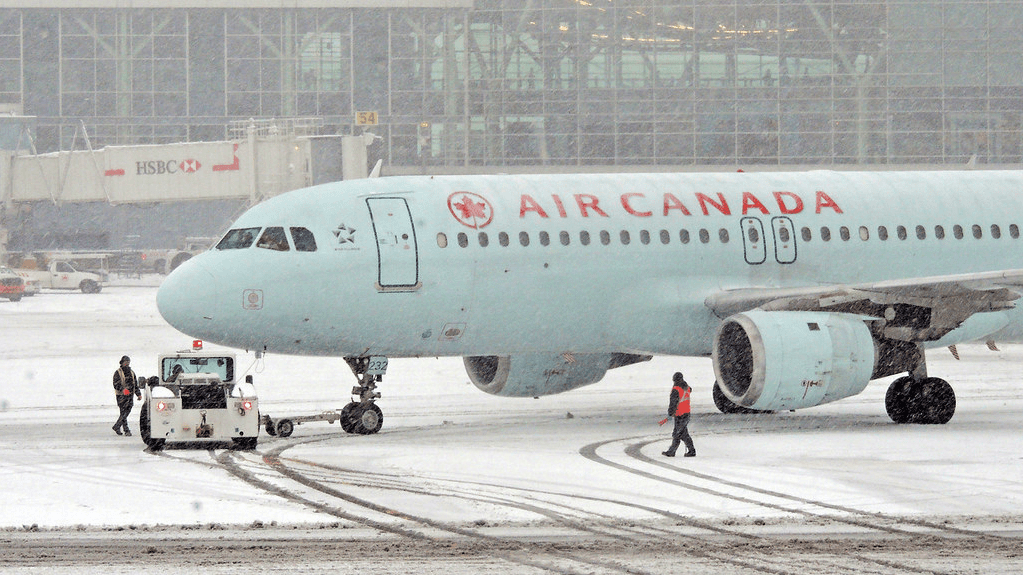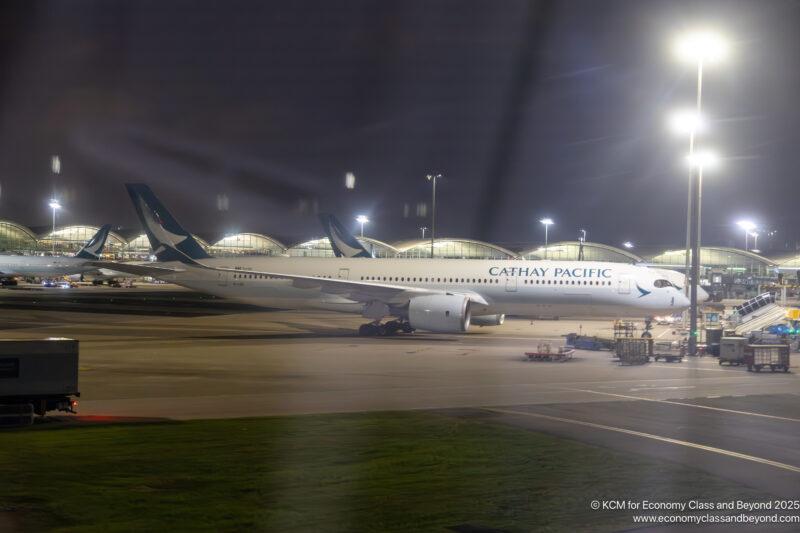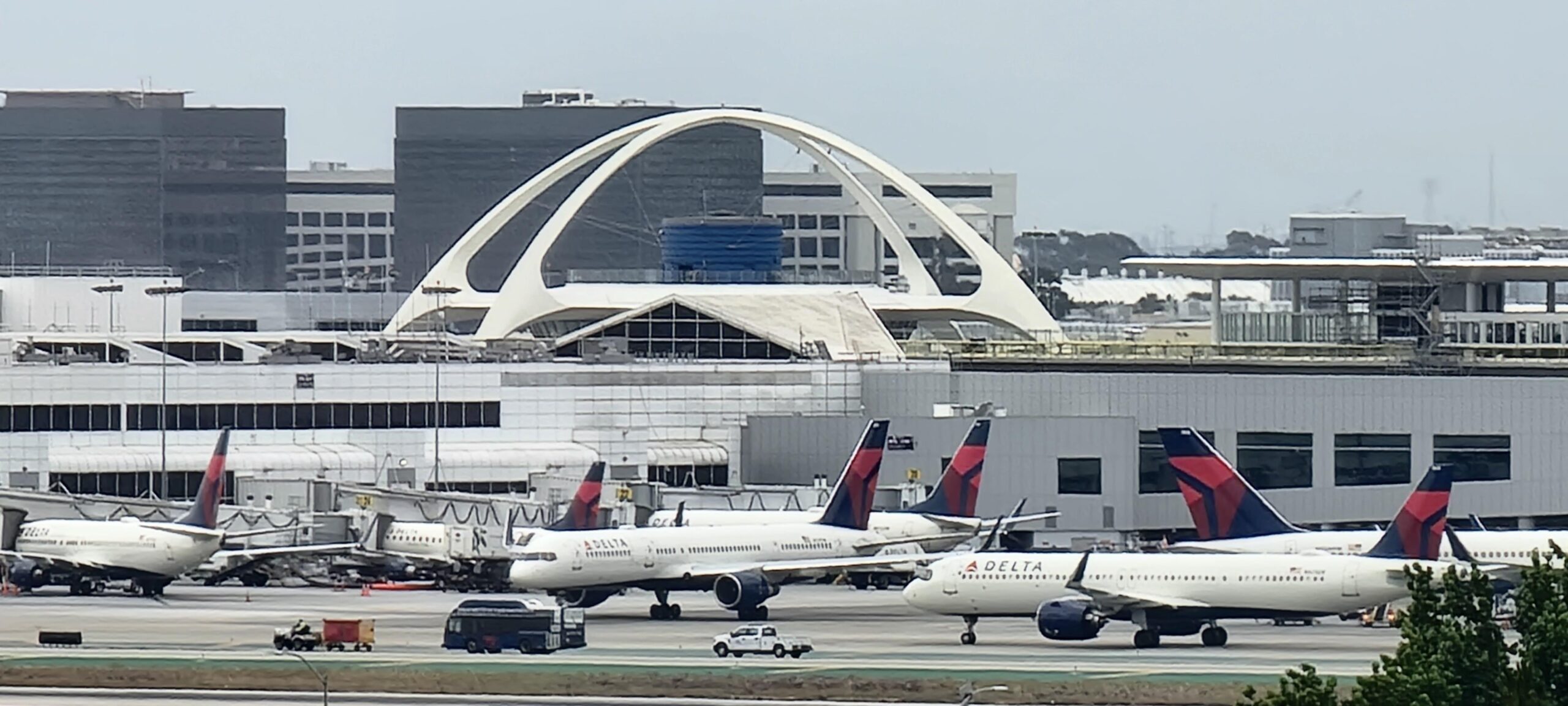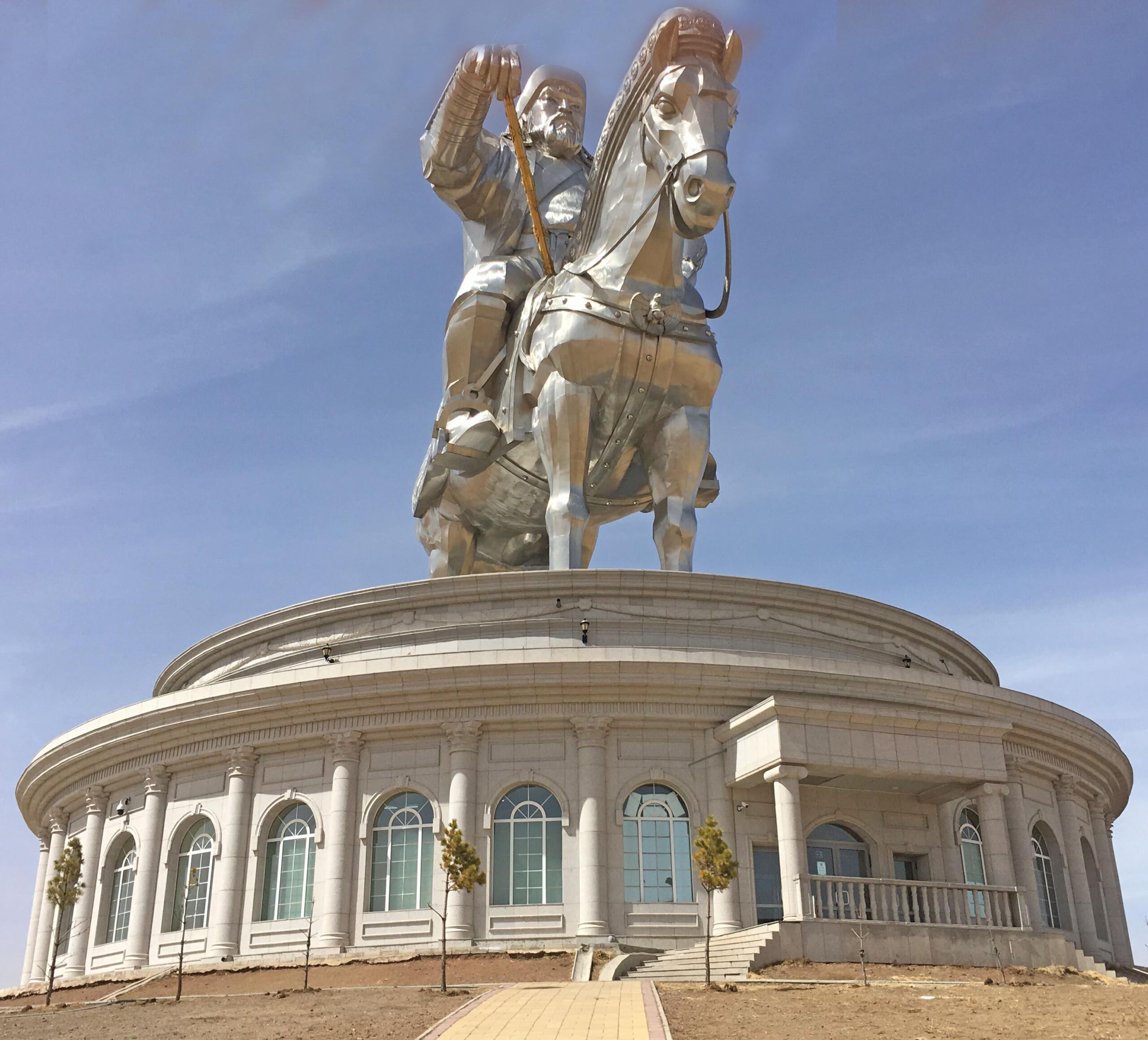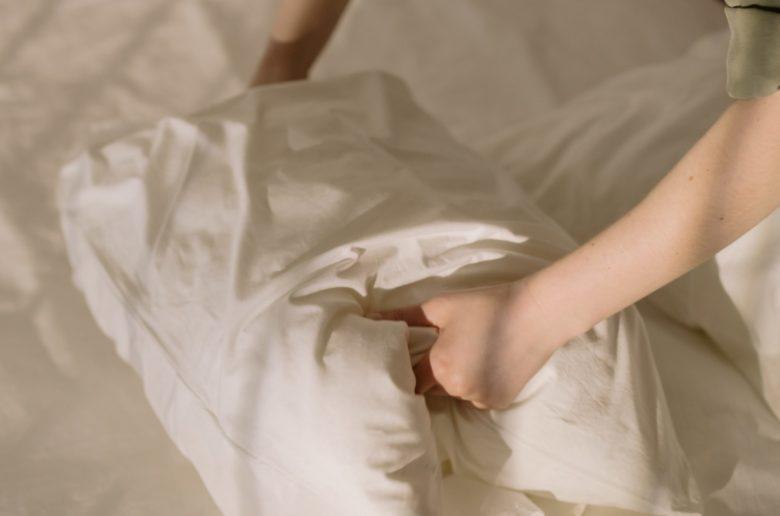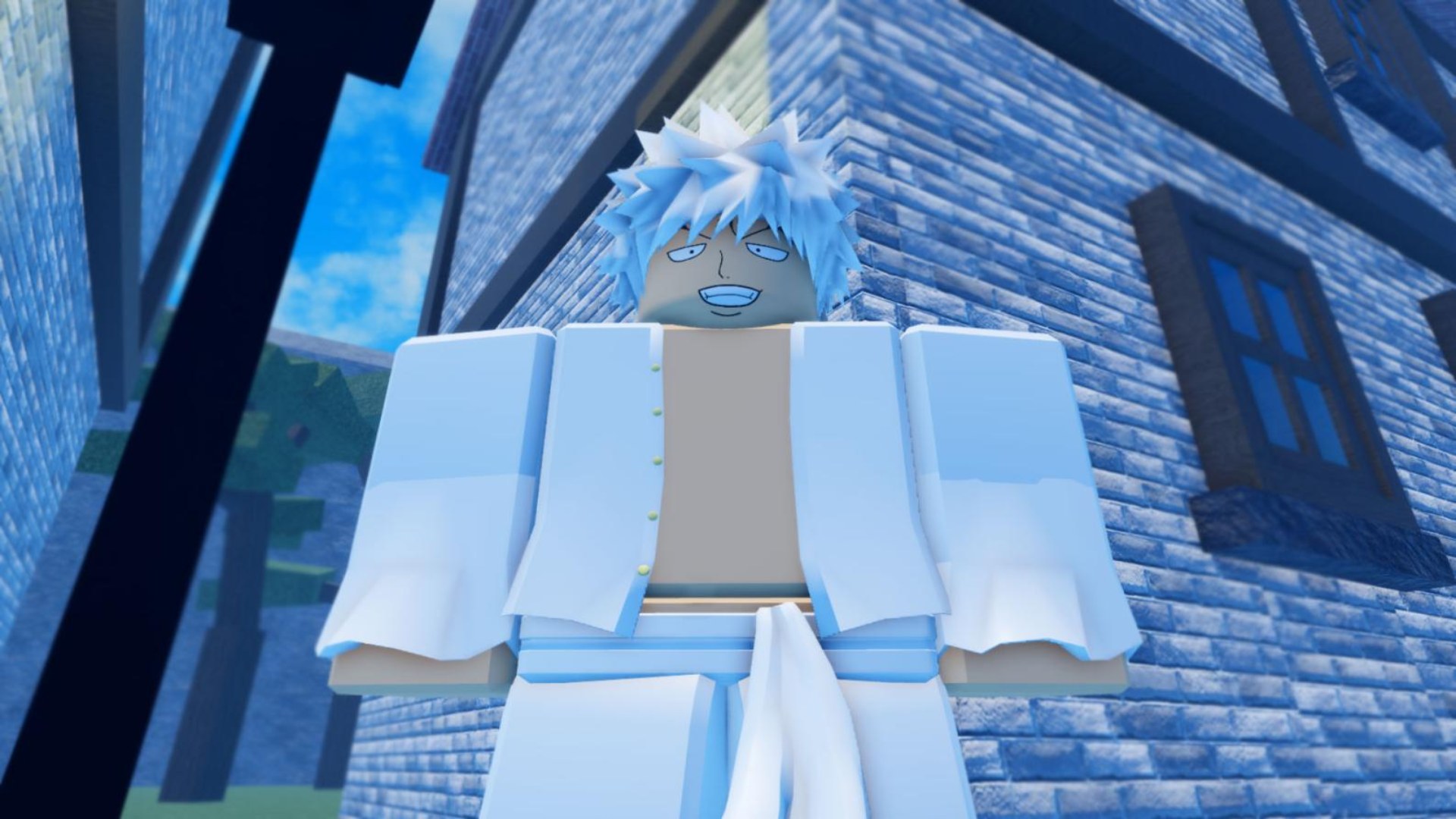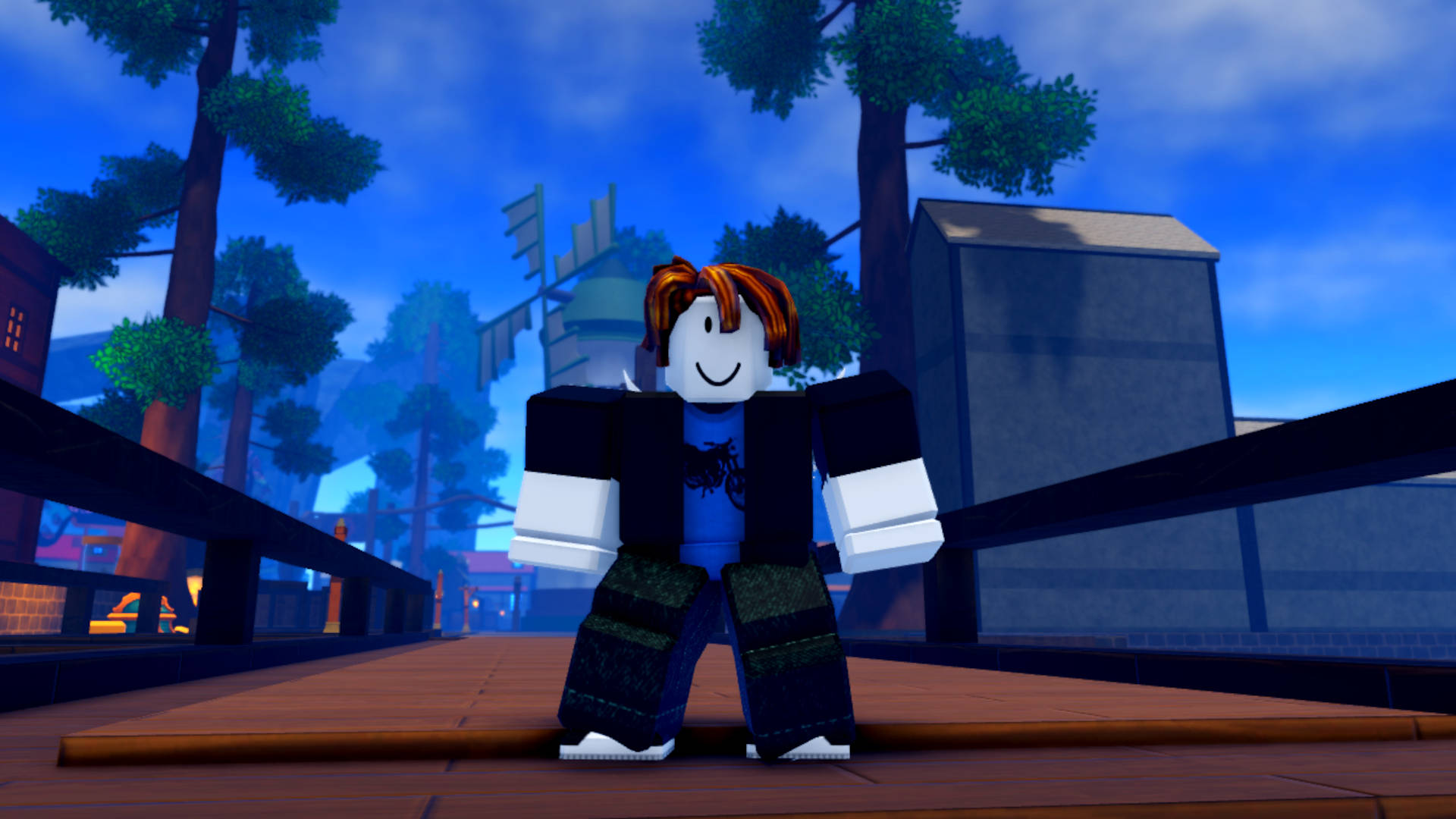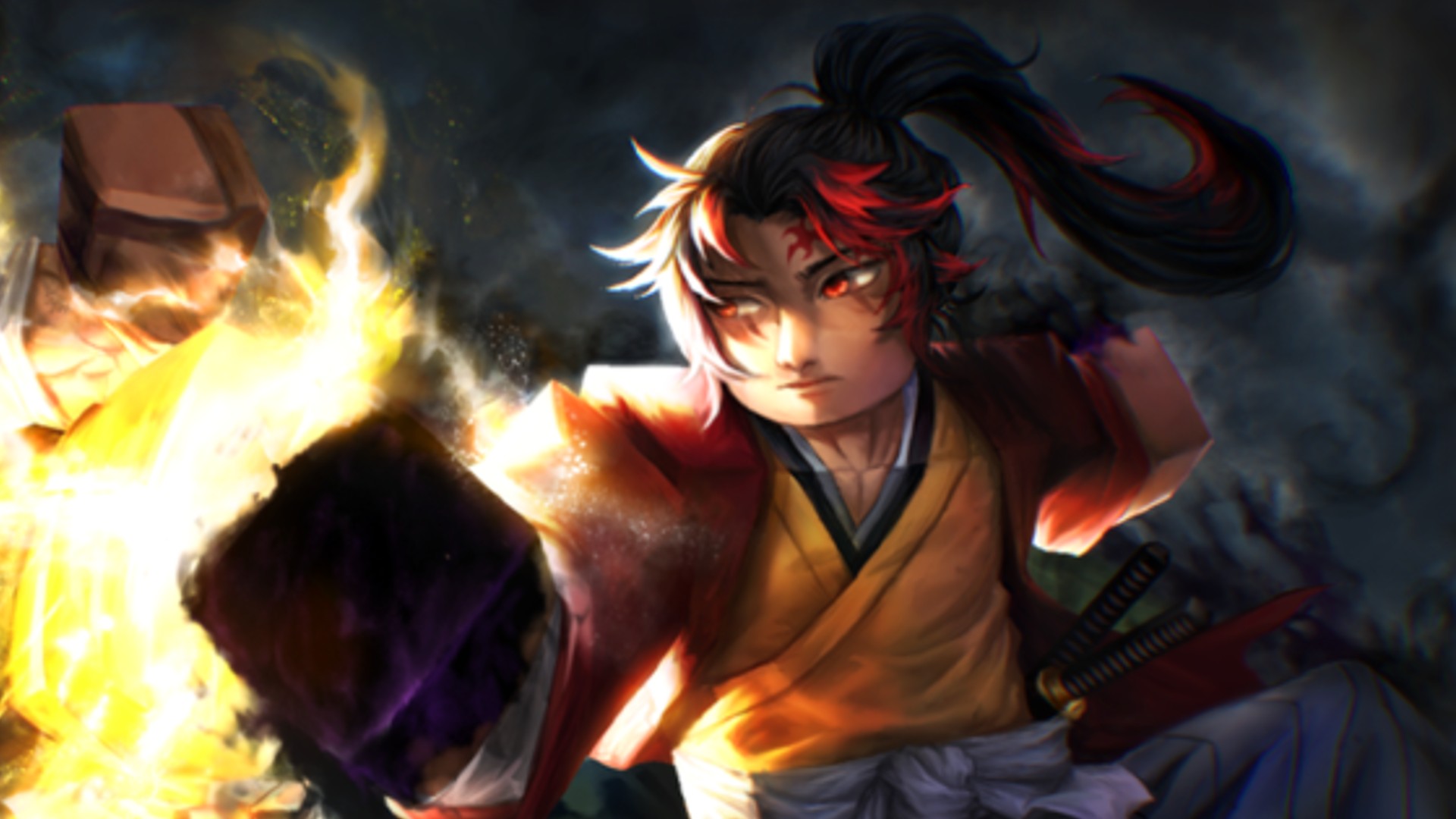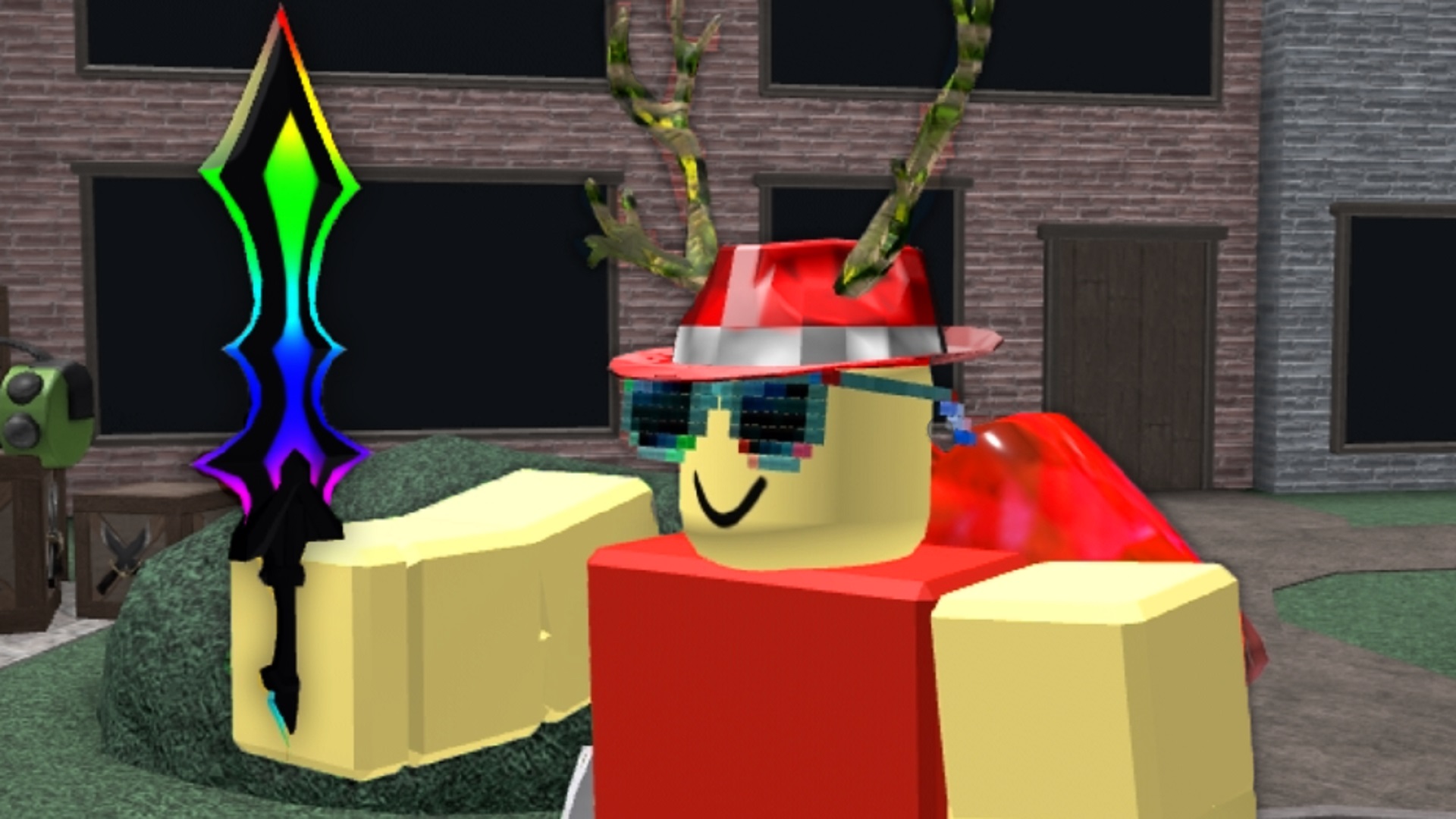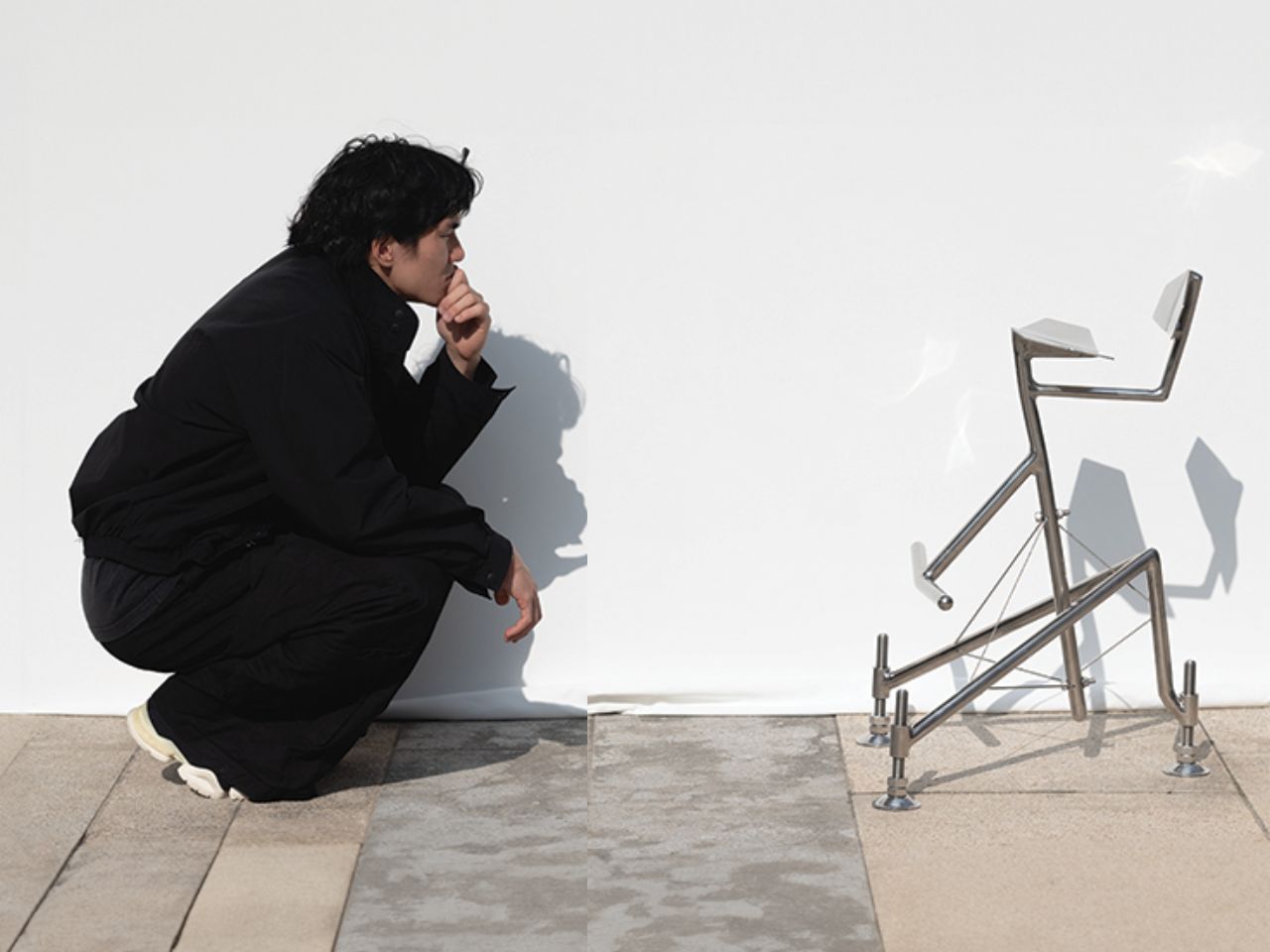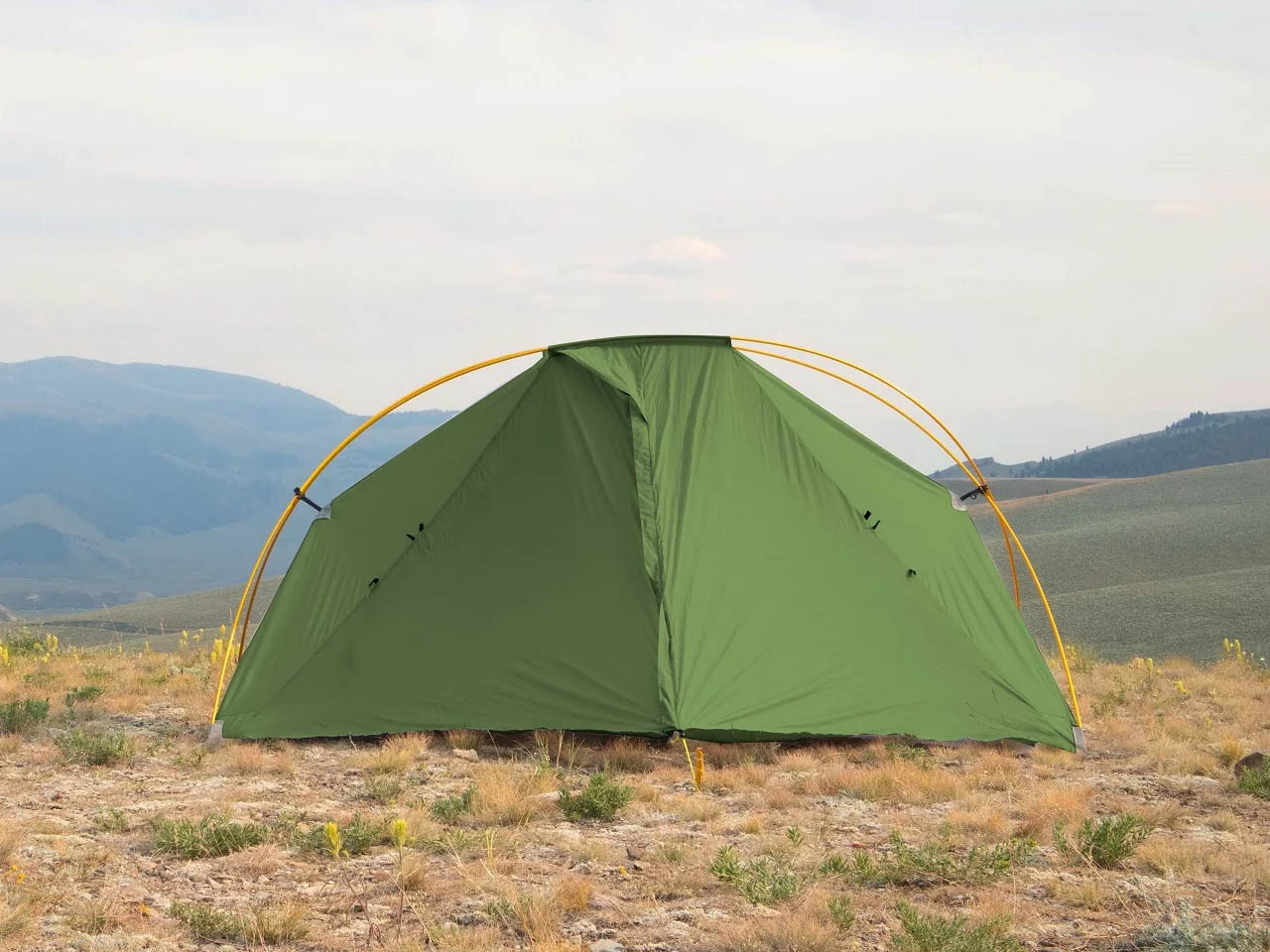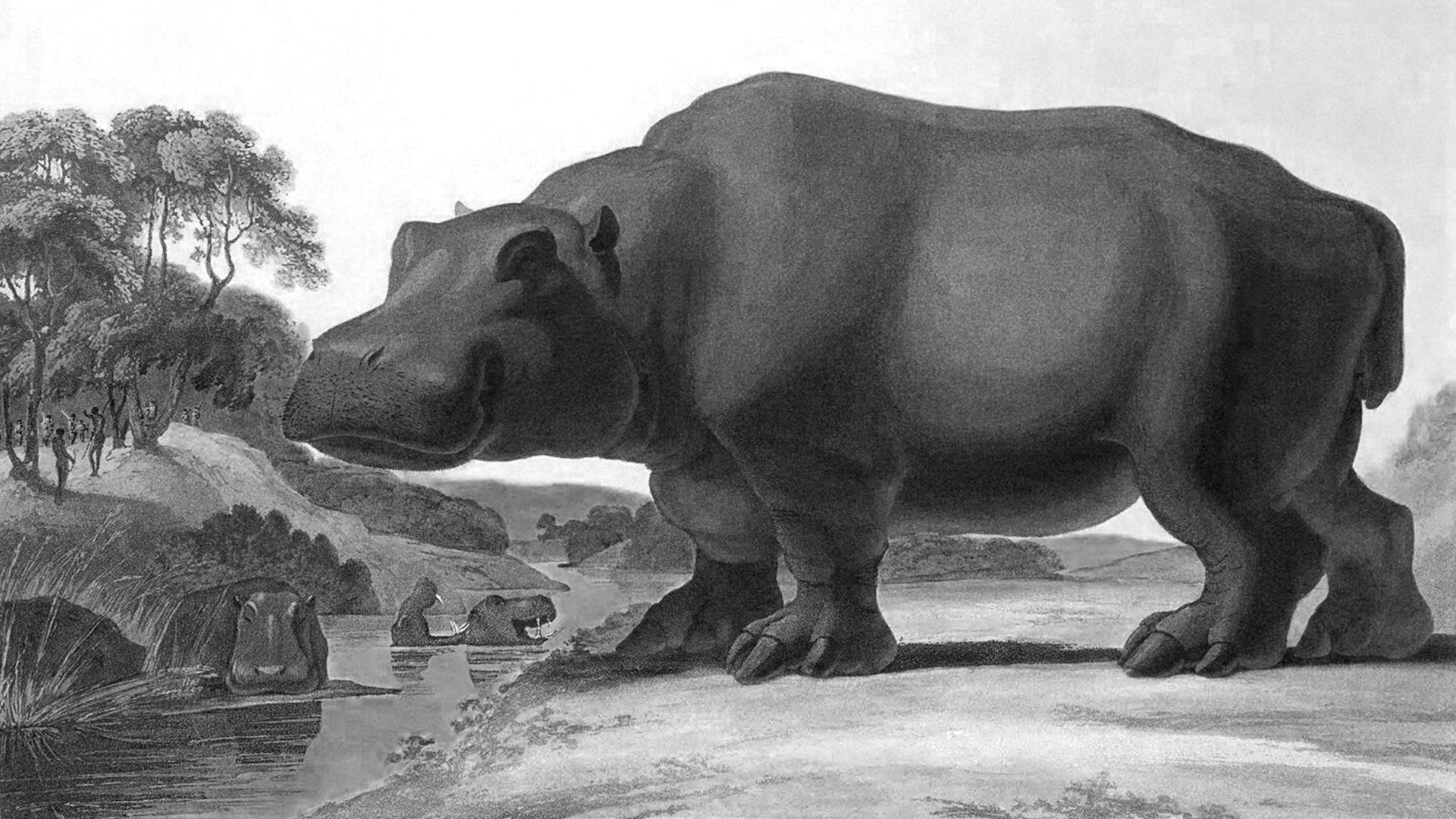Hollywood director Adam McKay on LA wildfires “catastrophe” – and the enduring resonance of climate change blockbuster ‘Don’t Look Up’
The comedian who co-wrote 'Anchorman' and executive-produced 'Succession' is "heartbroken" The post Hollywood director Adam McKay on LA wildfires “catastrophe” – and the enduring resonance of climate change blockbuster ‘Don’t Look Up’ appeared first on NME.


Adam McKay, writer and director of Netflix blockbuster comedy Don’t Look Up, says he’s devastated for the city of Los Angeles and its world-famous filmmaking community as emergency workers continue to battle a series of deadly wildfires.
“We’re heartbroken. Afraid. Sad,” said McKay, a longtime LA resident. “It’s hard for people to comprehend the scale and scope of the disaster we’re in.”
The blazes, now raging for more than a week, have led to the deaths of 25 people, destroyed approximately 12,000 structures and forced the evacuation of 180,000 residents from their homes.
Don’t Look Up, the story of two astronomers (played by Leonardo DiCaprio, Jennifer Lawrence) desperately trying to warn humanity about a world-ending comet, is an allegory for climate change – a satirical and darkly funny critique of the inaction of governments, media and business to tackle its threat.

In late 2024, Netflix Sustainability Officer Emma Stewart shared a study that concluded the film had shifted public perception of climate change, with respondents saying they were more likely to take action.
Meanwhile, the real-world effects of climate change have been plain to see for those following recent events in California. It’s just one example. Humans burning fossil fuels is heating the planet. The result is a changing climate – and an increase in the frequency and intensity of weather events including extreme heat waves, drought, wildfires, storms and floods.
Since the release of Don’t Look Up – still the second most-watched film of all time on Netflix – McKay has dedicated a significant portion of his career to telling stories surrounding climate change. He founded the non-profit organisation Yellow Dot Studios, a “production studio devoted to fighting climate disinformation and inaction.”
“Climate breakdown just hits everything” he tells NME, as the Oscar and BAFTA award winner also discusses his bid to gift a song he’s written to the biggest musicians in the world – and how he’ll get his next project to viewers, even if “hyper-corporatised” Hollywood is unwilling to finance it.

You’re a longtime LA resident. What’s your reaction to what’s been happening to your home city this past week?
Adam McKay: “We’re heartbroken. Afraid. Sad. We have so many friends that have lost their homes. Usually when there are disasters in Southern California TV coverage makes it look worse than it is. This is the first time that I’ve had to tell friends and family reaching out that it’s actually worse than what you’re seeing. It’s hard for people to comprehend the scale and scope of the disaster we’re in.”
We can hear the emotion in your voice…
“We have a couple of really close friends who have lost their homes. We have friends that’ve been evacuated who’ve been staying with us. We have other friends who, if not for the heroic actions of the firefighters, would have lost their home. I think there’s also this almost violent dissonance for a lot of people – it’s reorganising the way they look at the world. Some people are blaming power lines or arsonists [for the fires], but I know plenty that are now realising the climate breakdown we’re all in globally is here – happening right now. I’ve heard that from friends: they say, ‘I thought we had more time’. The answer is: ‘We don’t – it’s here now’.”
Workers in the industry are already experiencing a tough time economically – with the pandemic then budget cuts. This feels like a big setback to the Hollywood community?
“Well, it’s all interconnected, right? What you’re seeing… is the hyper-financialisation and corporatisation of studios and streamers. That’s been brutal. Where everything now is just immediately funnelled into the boardroom. That economic model is what’s antagonised the climate crisis. When you look at things only through quarterly revenue models, and your only responsibility is to shareholders, that’s a destructive machine.

And what do you think about the situation more broadly?
“We’re in a very frightening time. In a lot of ways, our economy has actively become a time bomb where it no longer serves the needs of average working people – and it’s fine with mass destruction, war, lack of health care, predatory loans, but most of all, climate breakdown. That’s the thing you really can’t fix. Once we hit these tipping points [scientific thresholds, which once passed, mean changes to climate, biodiversity loss or patterns become irreversible] we’re going to have to deal with [the results] for tens, hundreds and thousands of years. It’s a wild time to be alive right now and be even vaguely aware of what’s going on.”
Do you think real-world disasters, such as the LA fires, make a difference to how people perceive the threat of climate change?
“For sure. We have a not-for-profit climate studio called Yellow Dot, and our sole goal is to call out Big Oil and associated industries bullshit. We’ve noticed that when these calamities happen, which sadly are coming too fast and too frequently, there is a moment where some people get that climate change isn’t something for our grandkids. This isn’t far off. We are in an emergency right now. We just wish it didn’t take 10,000 homes being destroyed and whole cities wiped off the map for some people to get what’s going on.”
For a period, before fires in the local vicinity were contained, the iconic Hollywood sign could have been destroyed – what did you make of that?
“Climate warming from fossil fuel companies is so huge and widespread it’s almost beyond our comprehension. That’s why the oil companies have had an easy time creating doubt, because it seems like a bad sci-fi movie. In fact, The Day After Tomorrow is a great example. I encourage everyone to watch that movie. Some of the timeframes are tightened up, but the overall kind of idea of it is accurate.
“You asked about the sign… [Climate breakdown] It means everything. We have broken the stabilised climate. So, Hollywood goes away. History goes away. Sports go away. It just hits everything. One of the hard things for people right now is that we’re used to processing these unimaginable calamities as one-off events. They’re not. From the extreme flooding in Mecca last week to the huge fires in Africa right now or the berserk heatwave in South America… The only other time I think we’ve ever dealt with a full planetary issue like this is nuclear weapons.”

You’re a big music fan. What’s the role of music in this?
“For years I’ve said music is so powerful – we need musicians to get curious about this… Big stars, middle class touring musicians, local musicians – everyone. I got so desperate that I wrote a song where I was trying to get big music stars to record it! It’s called ‘I’ve Never Heard The Wind Howl Like This’. I wrote it with David Garza [Grammy-winning producer and songwriter].”
What happened to the song?
“I would tell them: ‘I’m not great at this, you change it, rewrite the lyrics, you can do it’. No-one would do it. Through no fault of theirs, they just don’t know. That’s been my experience for the past five or six years engaging with filmmakers, musicians, TV shows, writers.”
Why do you think musicians are slow to get involved?
“I believe people are good, but when they don’t have the information, that’s when people make destructive choices. I’ve also talked to plenty of musicians who do totally get where we’re at – Brian Eno and The Edge from U2.
“You look at all the incredible activist music that was made before the mid-’90s when it started to dry up. Midnight Oil’s [1987 track] ‘Beds Are Burning’ is probably the best climate anthem we have.”
Don’t Look Up is still one of the most watched movies ever on Netflix. More than three years on from its release, what are your reflections on its impact?
“In the face of these dramatic catastrophes that keep happening, a movie seems really small and ridiculous. But what was inspiring and energising was the popular response to that movie, not the critics and the cultural gatekeepers who hated it. It ended up being number one in something like 85 countries, as diverse as Pakistan, Vietnam, US and Uruguay. That’s extremely rare for a comedy which is usually confined by cultural regional reference points.”
Why do you think so many people connected with it?
“The estimates of how many people saw that movie – Netflix will never say exactly – but it’s somewhere between 400 million and half a billion. Viewers all really connected with the idea of being gaslit. Being lied to by their leaders, lied to by their big news media, and being lied to by industries. It was funny – when I realised that was the common connection point, I was like, of course! It’s happening everywhere now with this global neo-liberal economy that we’re all living in. It’s such a cancer, and everyone is feeling it.”

How long until we see a show as massive as Succession that’s about the people that have knowingly led us into climate catastrophe?
“Wow. So I have a script that I’ve written, a climate-based script, that deals with the coalition of oil, government and media. It’s through different lenses: sometimes funny, sometimes dramatic. How will I get that made? There’s no question, with the hyper-financialisation and corporatisation of Hollywood, it’s way harder to get that made right now. I also think there are creative ways to still [get projects like that made], and you’re starting to see that. I mean, Europe isn’t quite as far gone as the US. I think you’re going to see a lot of creative people – filmmakers, musicians, writers – start to lean towards Europe as a way to finance and distribute their projects.”
Where is the funding going to come from?
“There are a few, not a lot, billionaires out there that aren’t total creeps and that are interested in funding good work. I think you’re going to see that become more of an avenue. And I think grassroots, non-corporate affiliated distribution, production and dissemination is key. We need to create our own culture that’s separate from the corporate boardrooms. I’m seeing that it really has a lot of power.”
If you would like to help provide support for victims of the Los Angeles wildfires, this resource from The Hollywood Reporter details ways you can help
The post Hollywood director Adam McKay on LA wildfires “catastrophe” – and the enduring resonance of climate change blockbuster ‘Don’t Look Up’ appeared first on NME.
What's Your Reaction?









